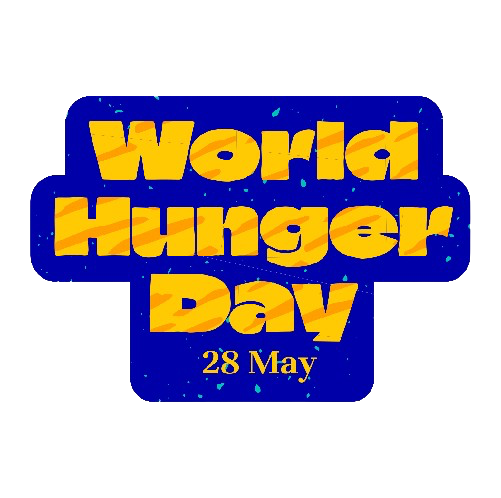
World Hunger Day 2025:
Sowing Resilience
28 May is World Hunger Day, an opportunity for all of us around the world to play our part in ending world hunger, for good.

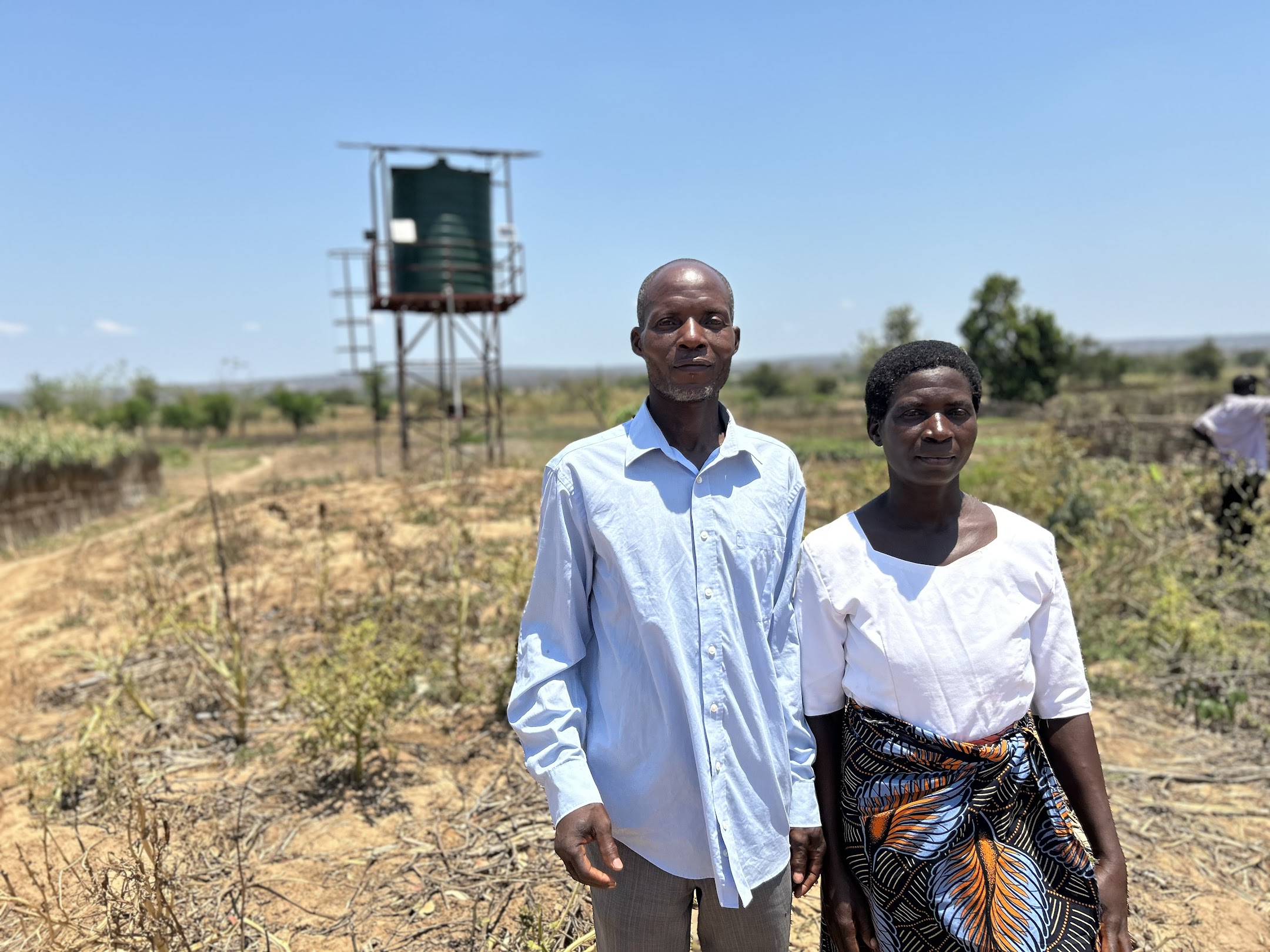
Climate change intensifies extreme weather events—such as droughts, floods, and heatwaves—that disrupt agricultural production, leading to reduced crop yields and increased food prices. As food prices rise, nutritious diets become less affordable, especially for vulnerable populations. In 2022, over 343 million people across 74 countries experienced acute food insecurity, a situation exacerbated by climate-induced supply chain disruptions.
Hunger and climate change are deeply interconnected.
The good news:
We can build a climate resilient future.
This World Hunger Day, we’re focusing on how combating climate change can ensure food security for all. By investing in farmers, we can create a world where healthy food is accessible, and communities thrive.
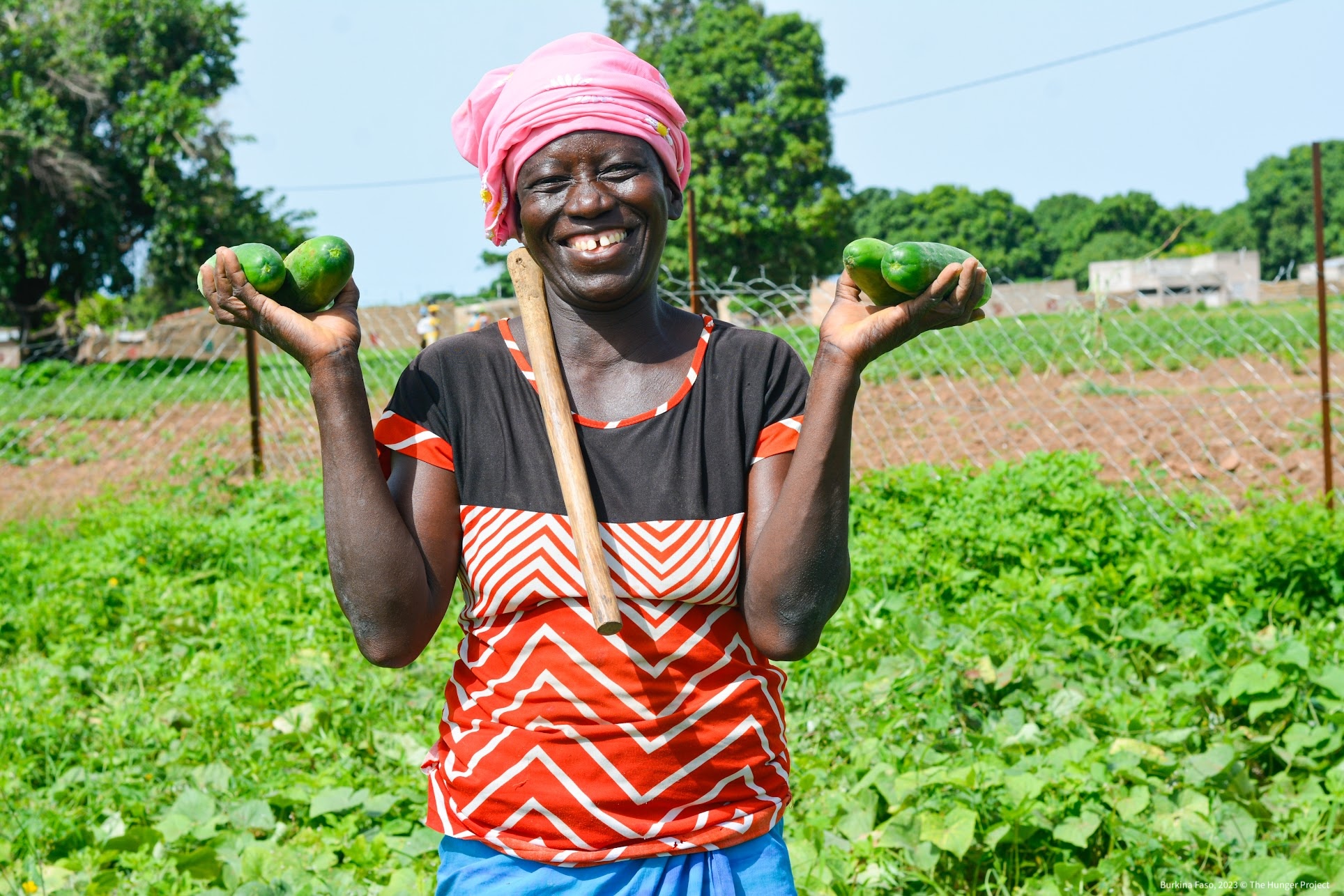
What Can We Do?
Climate change is intensifying food insecurity across the globe. Rising temperatures, prolonged droughts, and erratic weather are severely affecting food production.
However, there is hope. Climate-smart agriculture—techniques like drought-resistant crops and improved soil management—can boost yields by up to 30%, even in the most climate-vulnerable regions (FAO). By investing in these practices, we can ensure that food systems are more resilient and capable of feeding growing populations despite climate shocks.
Women are central to these efforts, as they produce up to 80% of the food in many developing countries (FAO). Empowering women farmers with access to resources, training, and markets can increase food production and build more resilient local economies.
Together, we can sow the seeds for a more resilient future—one where farmers are equipped to adapt to the changing climate, and communities can thrive in the face of adversity.
Learn more about what’s possible.
As part of the World Hunger Day celebration, we’re hosting a dialogue between Rowlands Kaotcha, President and CEO of The Hunger Project and Amath Pathe Sene, Managing Director Africa for The Africa Food Systems Forum, two seasoned development leaders deeply rooted in catalyzing action across the African continent. Together, they will explore what it truly means to build resilience for the end of hunger.
Translation will be available in French, Spanish and Portuguese.
Take Action Today.
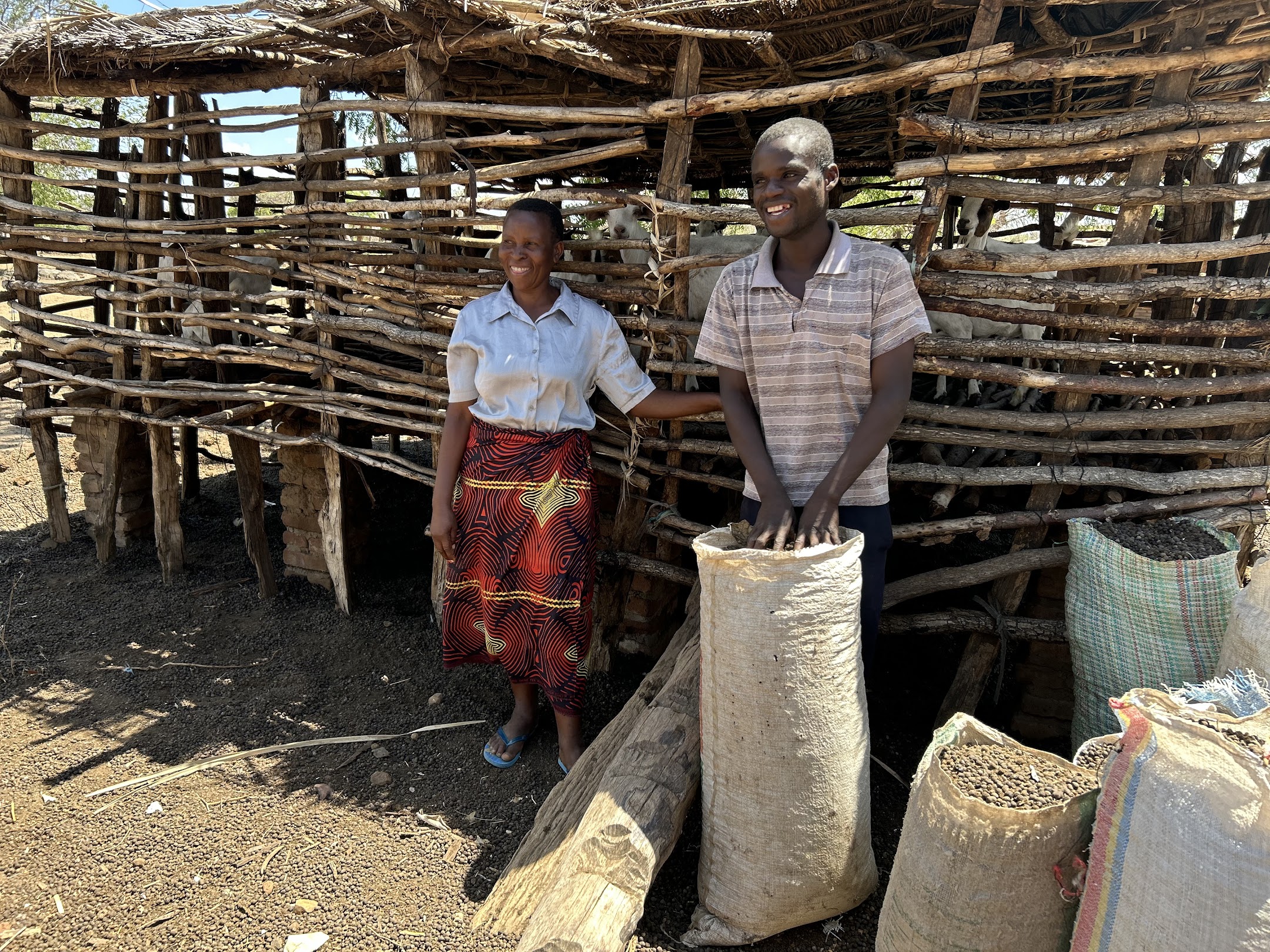
Visit Local Farmer's Markets
Your choices—what you eat and how you shop—can drive sustainable farming. Support your local farmers or Community Supported Agriculture program. As part of the World Hunger Day campaign, share your farmer’s market or CSA finds using the hashtag #FarmersMarketHaul on social media.
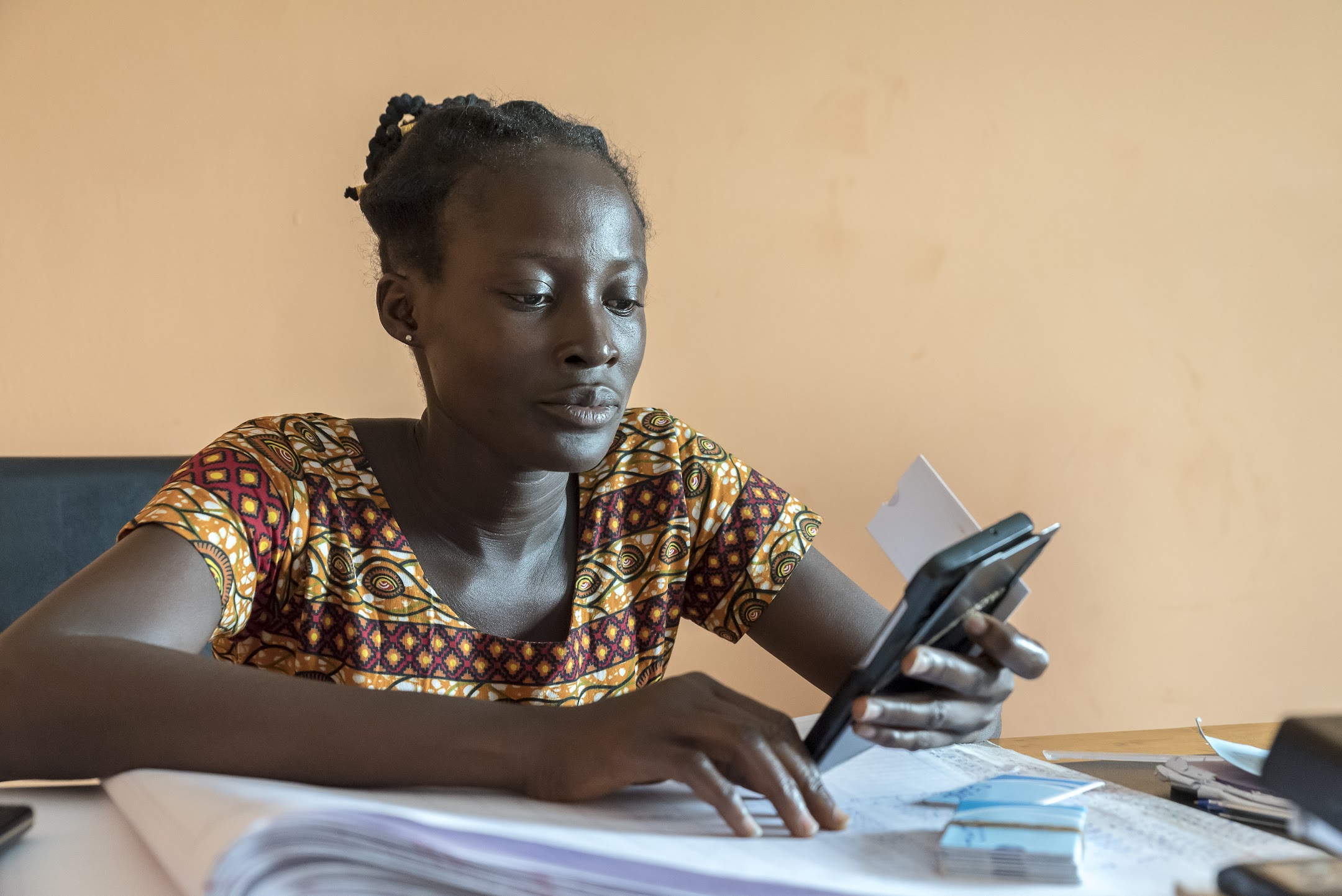
Engage Your Local Government
Encourage your government to invest in incentives for climate-resilient agriculture. Public policies and funding that support sustainable farming practices, soil regeneration, and water conservation can help small-scale farmers adapt to climate change.
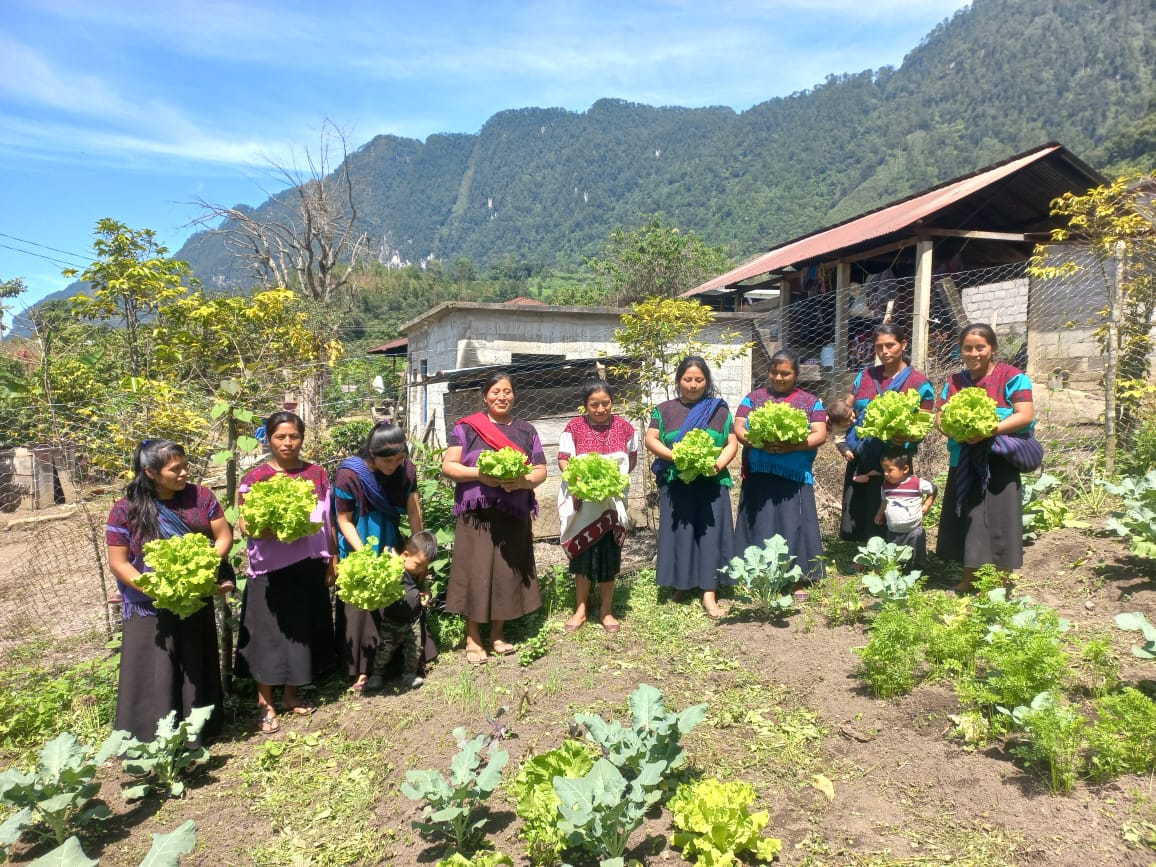
Invest in Farmers
Invest in programs that build the capacity of small-scale farmers to leverage climate-smart agriculture. Training, resources, and innovative techniques—such as agroforestry, drought-resistant crops, and efficient irrigation—equip farmers to grow food sustainably despite changing climates.

Share Your Story
Are you a farmer? Share your sustainable practices with the world to show others how efficient and effective earth-friendly agriculture can be. Use the hashtag #SowingResilience to share.
